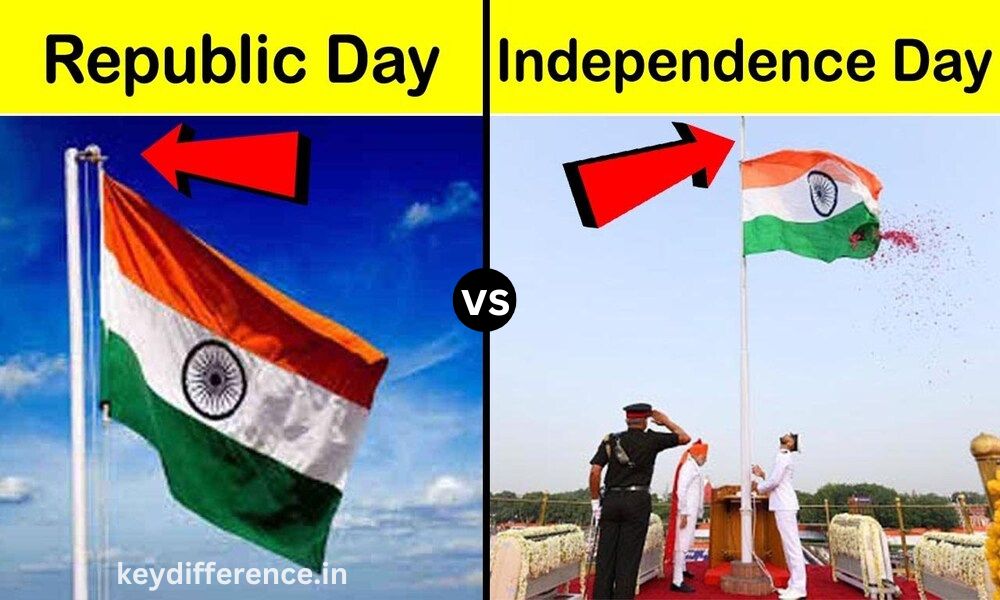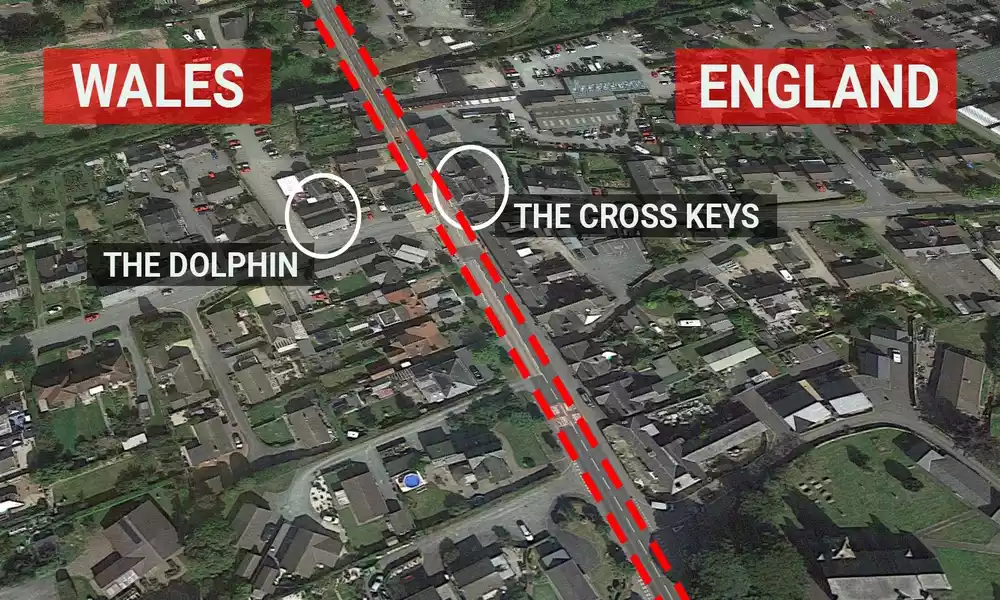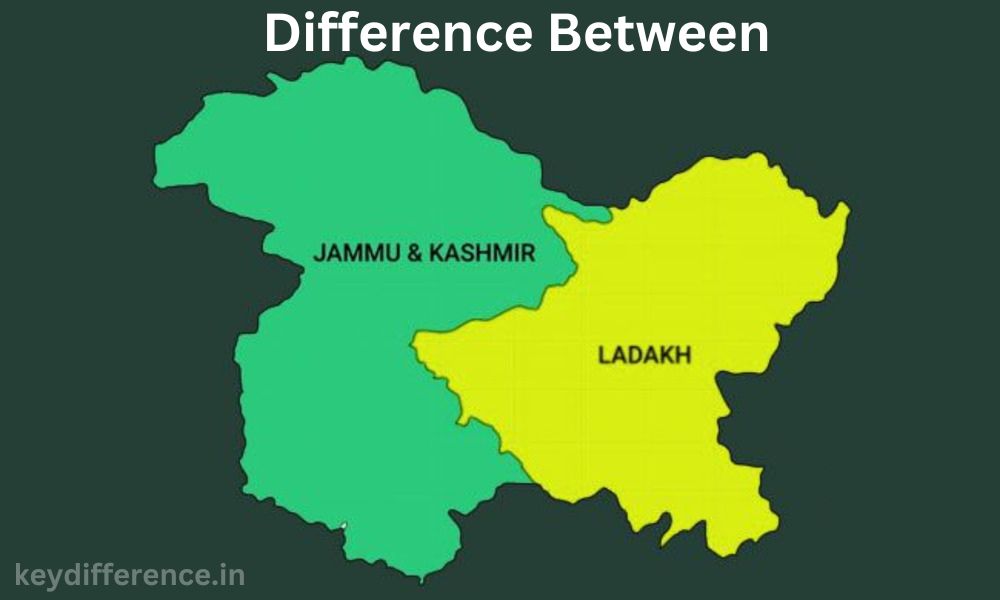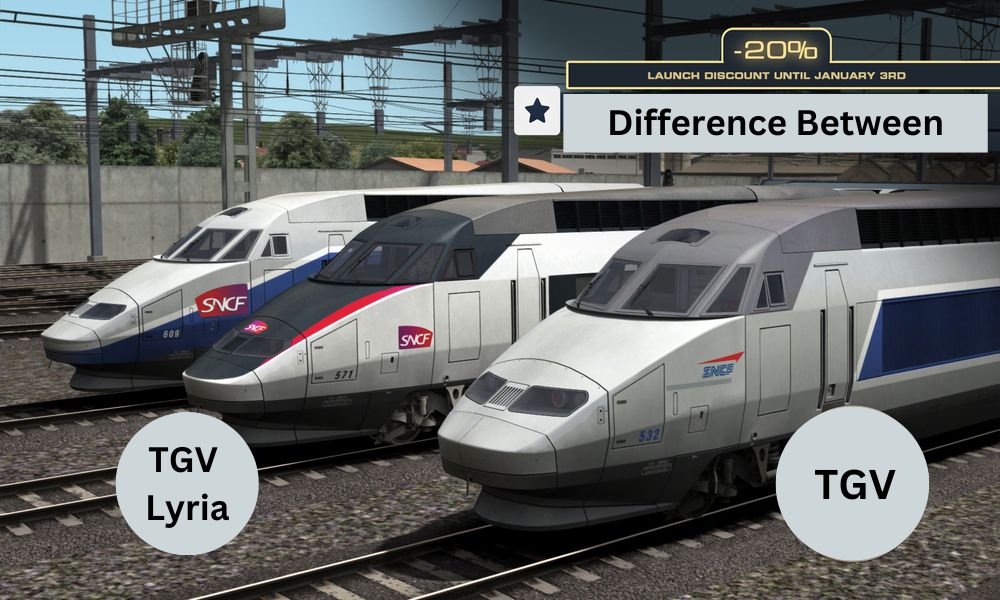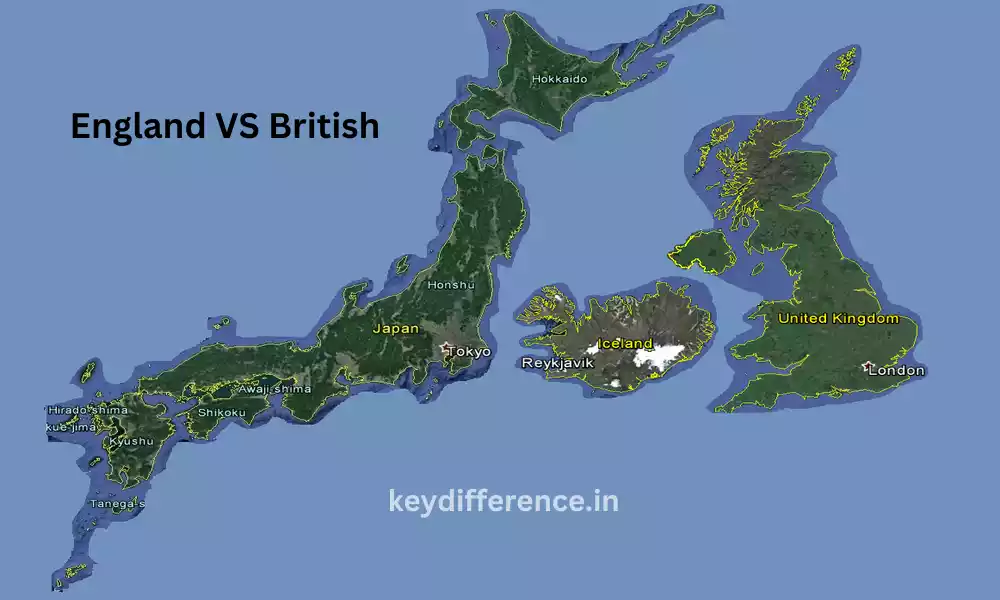What is Republic Day and Independence Day?
Republic Day:
India celebrates Republic Day as part of an international tradition commemorating when their constitution came into effect and declared them republics with its foundational principles laid out within.
Republic Day marks India’s adoption of their Constitution on 26 January 1950 which replaced the Government of India Act from 1935 as their governing document.
Republic Day marks an historic transition away from monarchy or colonialism towards democracy and independence, symbolizing how powerfully citizens can shape the destiny of a nation; their constitution provides protection for citizens’ rights and liberties.
India celebrates Republic Day through various events and traditions.
A highlight of these festivities is Rajpath in New Delhi’s capital city: its grand parade displays India’s cultural heritage, military might, technological progress and military prowess; ceremonially led by President Hoisting the national banner with salute at military parade and featuring contingents of Indian Armed forces alongside displays of modern weaponry from different states/ union territories as well as musical performances showcasing different aspects of its history/ culture/lifestyles etc.
Republic Day celebrations typically feature performances by children singing patriotic songs at community gatherings and performances at schools, colleges and government institutions, followed by flag hoisting ceremonies where flags are hoisted into schools, colleges or government facilities; awards or honors may also be bestowed to individuals for their contributions to society.
Republic Day serves to remind everyone about the principles and values enshrined within our Constitution – such as justice, freedom, equality and fraternity – while simultaneously building pride, responsibility and national solidarity among its participants.
Independence Day:
Independence Day is an internationally celebrated national holiday to mark and commemorate their nation’s freedom from colonial rule or foreign dominance, when independence came about for their respective country. Independence Day symbolizes this historic event as well as their struggle for self-determination and journey toward independence and autonomy.
Independence Day commemorates India’s victory against British colonial control on 15 August 1947, marking an end to nearly 200 years under British occupation and signalling a new beginning for India and its subcontinent.
India celebrates Independence Day with great patriotic enthusiasm. The day begins when India’s Prime Minister raises its tricolor national flag at Red Fort in New Delhi’s capital city amidst singing of National Anthem and 21 gun salute.
After this ceremony has completed, Prime Minister addresses his people on achievements, challenges and aspirations of India as they consider its independence day celebrations.
Independence Day celebrations feature patriotic songs, dance performances and colorful parades across the nation.
Schools, colleges and community groups organize flag-hoisting ceremonies and march-pasts; fireworks displays are often staged alongside these festivities as well.
Independence Day marks both celebration and rememberance; we observe this event to acknowledge all those who sacrificed in the fight for independence, remember those who gave their lives fighting for it, as well as evaluate challenges and achievements since independence was achieved.
Independence Day serves as an occasion to bring diverse groups together under one umbrella and celebrate national identity and heritage. Independence Day fosters pride, patriotism and responsibility while reminding citizens to protect freedom, democracy and unity.
Independence Day marks an auspicious milestone, signifying victory for nations fighting to attain freedom and embarking on their path to becoming strong, prosperous nations with independent futures.
Comparison Table of Republic Day and Independence Day
Sure! Here’s a comparison table highlighting the key differences between Republic Day and Independence Day:
| Aspect | Republic Day | Independence Day |
| Definition | Celebrates the adoption of the Constitution and the establishment of a Republic | Celebrate the day when you gained independence from colonial rule |
| Date | January 26th | August 15th |
| History | The Indian Constitution was adopted in 1950. | India celebrates its independence from British colonial control in 1947 |
| Celebrate the Holidays | Cultural performances, grand parades, and flag-raising | Fireworks, cultural events, speeches and flag hoisting |
| Focus | Constitution, governance, democratic principles | Freedom, patriotism and national liberation |
| The Importance of Symbols | Represents power of people and democratic ideals | Symbolizes a nation’s victory in the struggle for freedom |
| Key figures | President, Prime minister, and government officials | Revolutionaries and freedom fighters |
| Key Themes | Unity, diversity, democratic principles | Freedom, patriotism, sacrifice |
| Message | The importance of constitution and governance | Celebrates freedom and national identity |
This table compares the two holidays in India. Other countries may have different details.
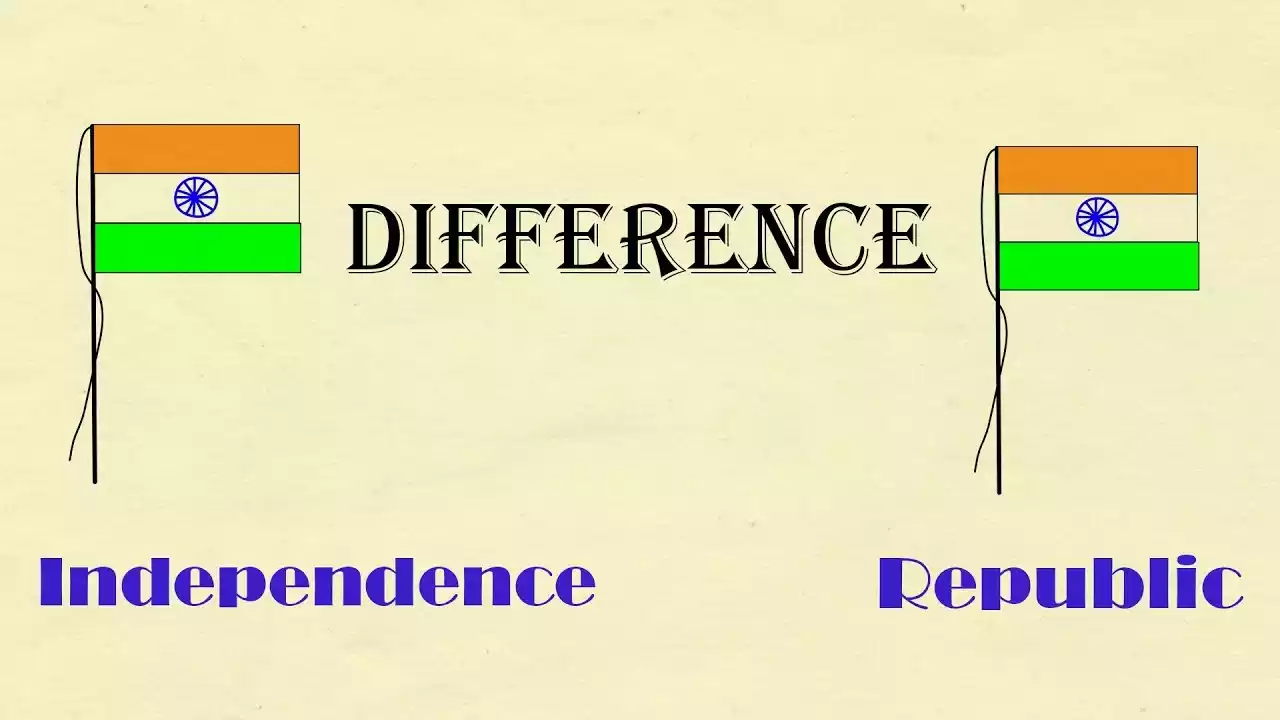
Importance of both holidays in commemorating national events
Republic Day and Independence Day both serve to commemorate significant national events, so let us examine their meaning:
Republic Day marks a transition from colonial rule or monarchy into democracy where citizens participate actively in shaping their nation through participating in governance processes.
It represents this important date on our national calendar! a. Celebrate Democracy: Republic Day marks the importance of democratic values within our societies by emphasizing people power to shape it for better or for worse.
It marks a transition period when monarchies were replaced by republics where citizens participated actively in governance decisions made at an individual and national level.
Constitution as Supreme Law: Republic Day commemorates the adoption and supremacy of our constitution as it sets up an outline for governance that safeguards citizens’ rights while encouraging equality, justice and fraternity for future generations.
Highlighting National Strength: Republic Day festivities provide an ideal chance to showcase our country’s military might, cultural diversity and technological progress while instilling pride among citizens and creating unity within society.
Reinforcing Constitutional Principles: Republic Day serves to reinforce constitutional principles such as social justice, secularism and fundamental rights. Citizens are encouraged to uphold these ideals to create more inclusive and equal societies.
Independence Day marks the liberation of countries from colonial or foreign occupation, commemorating freedom fighters’ struggles for independence as well as self-determination and celebrations for self-rule and sovereignty.
Independence Day celebrates national identity and unification through celebration, gathering people together to recognize their shared heritage, struggle for liberty and sense of patriotism; creating an opportunity to demonstrate civic pride that fosters national pride in an atmosphere of solidarity among them all.
Reflection on Progress: Independence Day marks an opportunity to review progress made since independence was attained, assess challenges that are encountered socio-economically, and look toward creating an improved future.
Independence Day offers us an opportunity to express our thanks to those who have dedicated themselves to freedom: freedom fighters, revolutionaries and leaders who have laid down their lives for independence. Their sacrifice reminds us how far we’ve come towards attaining freedom; while also inspiring future and present generations.
Republic Day and Independence Day mark important national events and should be observed with great celebration by citizens across the nation.
On Independence Day we commemorate freedom, nationality and independence; on Republic Day we observe democracy government constitution principles values.
Together they encourage citizens to uphold values such as freedom equality justice nation’s wellbeing.
History of Republic Day and Independence Day
Republic Day can be traced to India’s struggle for freedom from British colonial control as its foundation.
British Rule in India. From 1885 until 1947, India had been under British colonial control and under its oppressive control for almost 200 years. At that point in time, The Indian National Congress formed in 1885 became instrumental to India’s freedom struggle and played an essential role.
Demands for Self-Government. As time went on, the yearning for independence from British rule and for self-governance only intensified. Movements emerged to press this cause including civil disobedience and noncooperation during independence war efforts.
Mountbatten Plan and Independence: India achieved independence under the Mountbatten Plan on August 15, 1947 following partition. As such, India and Pakistan became two separate nations.
After independence, India operated under the Government of India Act of 1935 but there was an urgent need for an inclusive governance structure. A committee chaired by Dr. B.R. A drafting committee also headed by Dr. B.R. provided recommendations.
On 26 November 1949, after nearly three years of debates and deliberations, India adopted its Constitution. This document laid out citizens’ rights, responsibilities and principles.
Republic Day commemorates India’s Constitution going into effect.
On January 26, 1950, this event occurred and it came into force a month later on January 26. History of Independence Day. Independence Day marks India’s freedom from British colonial rule; here’s some history:
British Colonial Rule in India : For close to 200 years between 1800 and 1947, India was under British control, where abuse and suppression led to various movements for freedom and self-governance in Indian society.
Indian National Congress (INC): Established in 1885, the Indian National Congress played an instrumental role in India’s struggle for freedom by advocating independence, civil rights and representation for Indians within their home countries.
Mahatma Ghandi led with nonviolence in his fight for freedom through civil disobedience, civil resistance and other non-violent means such as Salt March and Quit India movements as well as Civil Disobedience Movement. These popular protest movements helped bring about freedom.
Demands of Independence in World War II: Indian soldiers’ participation in World War II and subsequent actions like Quit India Movement escalated demands for independence; Indian National Congress demanded complete freedom from British control.
Mountbatten Plan and Independence: Under the Mountbatten Plan, British India was divided between India and Pakistan on religious lines; India declared independence on August 15, 1947 with Jawaharlal Niehru serving as its inaugural Prime Minister.
Celebration of Independence Day: To mark this landmark event, the nation flag was raised, speeches were delivered, and cultural events organized as part of this historic occasion.
India is steeped in history.
Republic Day marks a unique event: liberation from colonial rule on Independence Day while Republic Day honors adoption of its constitution that laid down democratic foundations on Republic Day.
All three days serve to remind Indian people about sacrifices they’ve endured on their journey towards nationhood and as such should serve as important commemorative days to show appreciation of this effort by their government and people alike.
Established of Republic Day and Independence Day
India celebrates Republic Day and Independence Day annually to mark significant moments in our nation’s history. Here is their history:
Republic Day celebrations.
Date of Observance: Republic Day takes place annually on January 26.
Dr. Rajendra Prasad, an Indian politician and future President, proposed that January 26 be marked as Republic Day – marking when India adopted their Constitution into effect and thus marking it with special significance for us all to observe it annually.
On November 26th 1999, after three years of deliberations and debate, the Constituent Assembly adopted India’s final Constitution.
Implementation: India adopted its Constitution on January 26th 1950 to establish itself as a democratic republic; Rajendra Prasad became its inaugural president at this point. January 26th marked India’s Republic Day and official establishment as such – marking Independence Day (Isak Mukhi in Bengal).
Independence Day is observed annually on August 15, and more specifically at noon local time in Canada and United States of America.
India was in desperate need of self-rule and independence throughout the early 20th Century, prompting more demanding self-government demands and independence campaigns to emerge under Mahatma Ghandi and Jawaharlal Nathru’s guidance – leading the Indian National Congress as a vehicle of change towards freedom for many Indians.
The Indian National Congress played an essential role in fighting for Indian sovereignty through advocacy work such as campaigns such as this.
India achieves independence from British Rule. After years of struggle, India finally won independence from British colonial control on August 15, 1947, under Lord Mountbatten as Viceroy – overseeing its transfer into Indian hands.
First Independence Day. On 15 August 1947, Jawaharlal Niehru gave an historic address and raised India’s national flag on Independence Day for India.
Independence and Republic days commemorate two key moments that shaped India’s destiny and serve as a poignant reminder of India’s struggle for independence, the adoption of its democratic constitution and collective hopes among Indians.
Republic Day marks the adoption of the constitution
Reparation Day celebrates India’s adoption of its Constitution. Here’s more accurate information:
India marks Republic Day every year on January 26 to commemorate when their Constitution came into effect. Republic Day was first observed as such:
Proposed Republic Day Date: Dr. B. R Ambedkar suggested commemorating January 26th as Republic Day to honor both its adoption and constitution.
Adoption of Constitution: On November 26, 1949, the Constituent Assembly adopted India’s Constitution after years of work by both its drafting panel and assembly members. This momentous event represented an incredible victory and achievement of democracy across India.
Transition From Dominion to Republic: Before adopting its Constitution in 1950, India operated under a dominion status under the Government of India Act of 1935. Republic Day marks this transition into democratic republic status.
Implementation: On January 26th 1950, India became a republic under its Constitution of India and Dr. Rajendra Prasad was inaugurated as its inaugural President. To commemorate this historic date we celebrate Republic Day annually on January 26th.
Republic Day marks a national holiday commemorating the adoption and implementation of our Constitution – which defines fundamental rights, duties, structures of governance as well as democratic practices – while honoring democracy itself and celebrating ideals held within it.
It marks a day to honor democracy itself while remembering those that make our society strong!
Republic Day: January 26th, 1950
India celebrates Republic Day annually since January 26th 1950 – marking when their Constitution of India was approved, creating an independent democratic republic with democratic government and popular participation through elections and representation by elected representatives.
Republic Day celebrations take place throughout India with great gusto to showcase cultural diversity and military strength!
Independence Day: August 15th, 1947
Yes, that is correct; Independence Day in India has been commemorated since August 15, 1947 when India achieved independence after years of struggle against British dominance and established its sovereign identity.
Since 1947, independence day is marked annually on August 15 with festivities marking our nation’s unique culture, festivities marking victory in self-determination battles, flag raising ceremonies as well as cultural events to showcase our rich diversity as a people.
Celebrations for Every Occasion India commemorates Independence and Republic Days differently each year; but both occasions share in patriotic pride and excitement. Here is an overview of each celebration:
Nature of celebrations
Flag Hoisting: Celebrations begin by raising the tricolor national flag at government offices, schools and colleges nationwide.
New Delhi hosts Republic Day celebrations every year on Rajpath – an important ceremonial avenue – and culminates with an elaborate parade that showcases military might, diversity and achievements of their country.
Cultural Programs: Republic Day features cultural performances such as dance shows, musical presentations and theatrical displays to commemorate India’s rich cultural legacy.
March-pasts: Each year, various contingents from Indian Armed Forces, paramilitary organizations, schoolchildren and paramilitaries join impressive marches that demonstrate discipline and unity among various factions of society.
Tableaux: As part of the parade, colorful tableaux representing various states and union territories of India will be showcased, each depicting its culture, tradition and achievements in an artistic display.
Republic Day celebrates individuals and organisations for their outstanding contributions in various fields, with deserving individuals receiving Bharatratna or Padma Awards to recognise them for their hard work. (source). Independence Day Celebrations. (source).
Flag Hoisting: National flags are raised across the nation in various locations such as government offices, schools, colleges and public spaces.
Speeches: From the ramparts at Red Fort, Prime Minister Narendra Modi addresses his country on its achievements, challenges and aspirations. Chief ministers from each state also deliver addresses at this event.
Cultural Events: Independence Day festivities typically feature cultural programs including patriotic songs and dance performances, skits and plays that illustrate the struggle for freedom and independence.
Flag Salutation: In public places, people sing the national anthem and pay respects to their flag in an act of patriotism and unity. Fireworks Displays: Festivities across the country come alive when fireworks displays light up the night sky with colorful displays lighting up celebrations with festive flare.
Community Activities: Independence Day celebrations typically involve community-wide festivities like parades, sporting events or cultural programs that bring communities together and strengthen a sense of national solidarity.
India’s people come together each year in commemorating Independence Day and Republic Day celebrations, uniting under their national pride and patriotism to pay their tributes to freedom fighters while celebrating India’s achievements and encouraging citizens to uphold its values and ideals as laid down in its constitution.
Independence Day focuses on national liberation and patriotism
Independence Day in India marks a day for celebration and nation building, honoring India’s liberation from British colonial control as well as victory of its people’s struggle for self determination. Independence Day celebrates both patriotism and national liberation!
Indian Independence Day commemorates their victory against British colonialism after decades of struggle and sacrifice by freedom fighters across India, along with collective effort put forward towards liberating their nation. It recognizes their sacrifice as well as collective effort made towards liberation of India as part of celebrating freedom.
Patriotism & National Pride: Independence Day inspires strong feelings of patriotism & national pride among Indians, prompting citizens to reflect upon the country’s achievements, cultural legacy and progress over the year and express their love and devotion towards its development and welfare.
Independence Day offers us all an opportunity to remember and pay tribute to India’s freedom fighters who fought tirelessly for its independence.
Their sacrifice is honored and remembered; creating a sense of appreciation and respect towards all those involved with helping India attain it’s independence.
Flag Hoisting and National Anthem Singing : Hoisting the national flag during Independence Day symbolizes both its sovereignty and independence; while its tricolor flag represents unity within diversity.
People rejoice as this momentous event serves to renew their commitment to values and ideals of their homeland with pride. National anthem is often sang with passion on this memorable occasion!
Celebrations for Independence Day can involve various activities designed to foster patriotism, love for country and other values.
Activities might include patriotic music performances, speeches by government representatives or cultural performances with national symbolism displayed prominently – creating an atmosphere of solidarity and belonging while encouraging strong loyalty to one’s homeland.
Reflection on National Identity – Independence Day encourages reflection on both individuals’ national identities as well as those shared across a nation.
It highlights and appreciates India’s many different cultures, languages and religions which come together in Indian society while advocating unity through diversity by encouraging citizens to abide by ideals such as equality, inclusion and secularism.
India celebrates Independence Day to commemorate their long and hard fought for freedom and foster patriotism amongst her citizens.
Independence Day marks India’s achievements and remembering those who sacrificed so much in its defense while renewing commitment towards its wellbeing and progress.
Independence Day: freedom, patriotism, and sacrifice
Independence Day marks sacrifice, freedom and patriotism across India. Here is more detail regarding these aspects:
Independence Day commemorates India’s independence from British colonial rule and marks a day when Indian citizens can make decisions independently, govern themselves, and determine their destiny.
Independence Day marks a crescendo in their struggles for independence led by leaders, activists and citizens in India.
Patriotism: Independence Day instils Indians with an intense sense of patriotism, inspiring many to express their pride, affection, and devotion for their country by hoisting its flag, participating in cultural events/parades/activities which further its welfare/progress and sowing the seeds for its advancement.
Independence Day marks an occasion to recall and honour those who made great sacrifices for our freedom, including freedom fighters who made an immeasurable effort towards making India better. Their efforts remind us to never forget those who gave their lives fighting for our independence.
Remembrance of Freedom Fighters : Independence Day celebrations often pay a great deal of tribute to freedom fighters and leaders who played key roles in gaining independence, honoring their sacrifices through speeches, articles and cultural events to keep their legacy alive.
National Unity: Independence Day fosters national solidarity as people from diverse backgrounds come together to commemorate and mark this event. All Indians unite under a single banner of patriotism to show our allegiance for our country’s development.
Reflection on National Values: Independence Day provides us an opportunity to think carefully about national values. Reaffirm democracy, equality and secularism while reviewing progress made towards upholding them.
Independence Day serves as a poignant reminder that freedom was hard won, that sacrifices were made by freedom fighters, and citizens have an obligation to uphold and advance nation values.
Independence Day inspires gratitude, pride and dedication towards one’s nation while at the same time providing personal reflection about gratitude, pride and pride one feels inside themselves.
Recap of the main points
Now let’s quickly go over all of the major aspects related to Republic Day and Independence Day.
Every year on January 26th is celebrated as Republic Day in India.
On January 26th 1950, India commemorates the anniversary of their Constitution. They established it as a democratic, socialist, secular and sovereign republic.
Republic Day marks the day when power was transferred from constitutional monarchy to republic wherein authority is distributed among its constituents and representatives. Republic Day celebrations typically feature flag-hoisting, parades, cultural programs and awards presentations; march-pasts may also take place. Independence Day takes place annually.
India celebrates Independence Day every August 15th since 1947 when they achieved independence from British Colonial rule.
Independence Day marks national freedom and patriotism. Commemorate it by raising your flag high, listening to speeches from leaders, enjoying cultural events or participating in community activities on Independence Day.
Today marks International Freedom Fighter Day and serves to commemorate those who fought for our liberties while also taking time to reflect upon and celebrate our national identity and promote a sense of pride and unity among Americans.
Republic Day and Independence Day in India mark significant events that honor democracy, freedom and national unity; both holidays commemorate freedom fighters’ sacrifices while signalling our collective hopes as Indian people.
Significance of both Republic Day and Independence Day
Both Republic Day and Independence Day hold great meaning for India; let’s examine both of their meanings in more depth.
Republic Day marks India’s Constitution: its supreme law – as an opportunity to commemorate collective goals and values that define its inhabitants and ensure stability within our society.
Democratic Values: Republic Day celebrates India, one of the largest democracies worldwide. The celebration emphasizes democratic principles such as citizen participation and protection of fundamental rights and liberties.
Republic Day celebrates India’s founding of an institutional framework through recognizing separation of powers, independence of judiciary and their interplay in society – which include working of legislature, executive and judiciary bodies.
Republic Day marks a celebration of India’s diverse and rich cultural heritage, no matter its linguistic, religious or regional differences. This day serves to recognize India as an inclusive community that values cultural exchange across boundaries.
Reflection on Progress: Republic Day marks an opportunity to examine our nation’s achievements while acknowledging any problems and future aspirations that remain.
It encourages individuals and institutions to reflect upon India’s growth and development efforts while working toward creating a better tomorrow for its future citizens.
With Independence Day only one week later on August 15, we celebrate two national days that encourage reflective contemplation: Republique Day for India (April 26) and Independence Day on August 15.
Independence Day marks India’s independence and liberation from British colonial rule, marking an end to foreign dominance and marking the dawning of self-government for India.
Independence Day marks and remembers the courage and sacrifices made by freedom fighters throughout our history to secure our independence, both past and present.
It acknowledges their efforts while inspiring future and current generations alike to protect and appreciate it.
Patriotism & National Pride: Independence Day encourages Indians to feel both patriotic and nationalistic pride. It fosters loyalty and creates a sense of belongingness within our society.
Independence Day marks India’s sovereignty and self-determination; it symbolizes its right to self governance as well as national interests.
Reflection on National Identity: Independence Day encourages reflection on one’s national identity, history and cultural roots; reinforcing values such as unity, diversity and secularism that make up Indian Nation.
Independence and Republic Day in India hold great symbolic meaning, commemorating their country’s journey towards self-government, democracy and liberation. Both days mark an opportunity to reflect, unite and renew commitment towards progressing and developing our nation.
Appreciation for the nation’s history and progress
Apreciating the history and progress of one’s nation can build pride, gratitude, and understanding toward it. Here’s why appreciating its past is necessary:
Identity: Appreciating and understanding a nation’s past helps develop its collective sense of identity, while reconnecting people to their roots, culture and struggles of previous generations.
Gratefulness for Freedom: Learning our nation’s history reminds us to appreciate and be grateful for the sacrifices our ancestors made on behalf of freedom, while instilling gratitude for what freedoms and opportunities exist now and a sense of responsibility in protecting and upholding them.
Inspiration and Motivation: Learning of past accomplishments by their country can serve to motivate and energise individuals, encouraging them to do what they can towards its growth in the present and the future. Acknowledging past triumphs motivates individuals towards creating an improved tomorrow.
Understanding Challenges: Studying our nation’s history enables us to appreciate and gain a better understanding of past tribulations as a source of guidance when approaching future struggles.
Furthermore, learning this history provides us with insight into past determination and resilience as lessons for how best to respond in similar circumstances today.
Unity and National Pride: Appreciating our nation’s past and progress can foster feelings of national pride and unity among its people. Recognizing collective achievements and sharing experiences helps people develop a shared purpose while working toward creating our common future.
Cultural Heritage and Diversity: Understanding a nation’s past can shed light on their rich cultural diversity and heritage, providing valuable opportunities to preserve and advance different cultural practices, languages and customs in an inclusive society.
Understanding a nation’s past and current state is integral to nation-building, enabling citizens to actively shape its social, economic, and political development as it moves into its future.
Appreciating a nation’s past and current progress can strengthen people’s ties with it and encourage greater participation in its growth, creating an overall sense of collective purpose as people work toward building better societies together.

